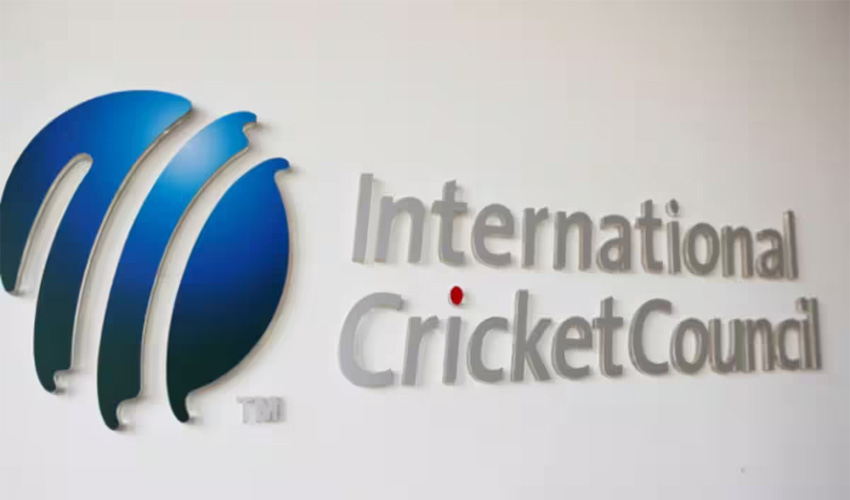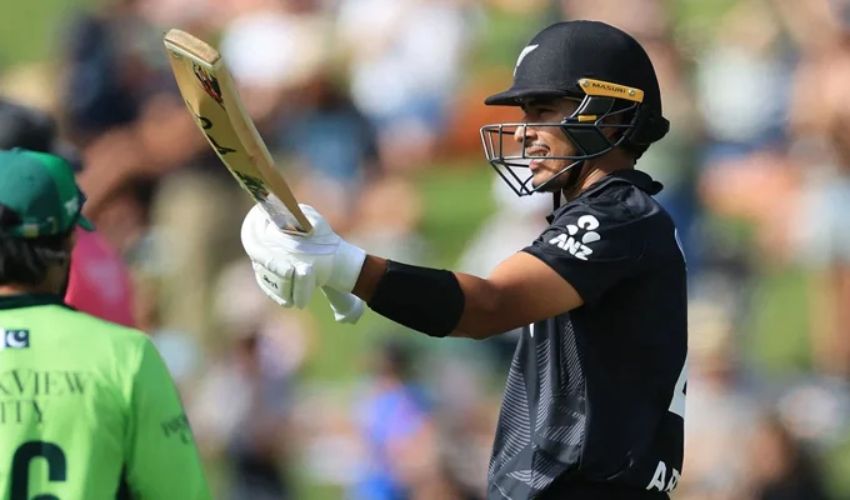The International Cricket Council (ICC) mandated on Friday the implementation of stop-clock rules across all One Day Internationals (ODIs) and Twenty20 Internationals (T20Is), effective June 2024.
The decision comes on the heels of successful trials during the recent ICC Men’s T20 World Cup, with promising results indicating enhanced game flow and efficiency.
Under the new regulation, fielding teams are required to commence a new over within 60 seconds of the conclusion of the preceding one. An electronic clock, prominently displayed on the ground, will serve as a visual reminder, with the third umpire entrusted to activate the countdown.
Failure to adhere to the stipulated time frame will result in a series of penalties, commencing with warnings and escalating to five-run deductions for subsequent infractions. Exceptions to the rule include instances such as player injury treatment, official drinks intervals, and other circumstances beyond the fielding side's control.
The decision to institutionalize the stop-clock rule follows extensive deliberations by the ICC Chief Executives’ Committee (CEC), which reviewed the trial's outcomes showcasing a remarkable reduction of approximately 20 minutes per ODI match.
Embracing this innovation aligns with the ICC's vision to inject dynamism into the sport, addressing concerns surrounding sluggish over rates in limited-overs cricket.
Furthermore, the ICC Men’s T20 World Cup 2024, slated to be hosted by the West Indies and the United States of America, will witness the inaugural enforcement of this rule, underscoring its significance in shaping the future of the game.
In parallel, the ICC has also announced the incorporation of reserve days for the semi-finals and final matches of the T20 World Cup, ensuring fair play and mitigating weather-related disruptions.
Additionally, stringent criteria have been established for match validity during rain-affected encounters, emphasizing a minimum threshold of overs to constitute a game, particularly in the knockout stages.



























